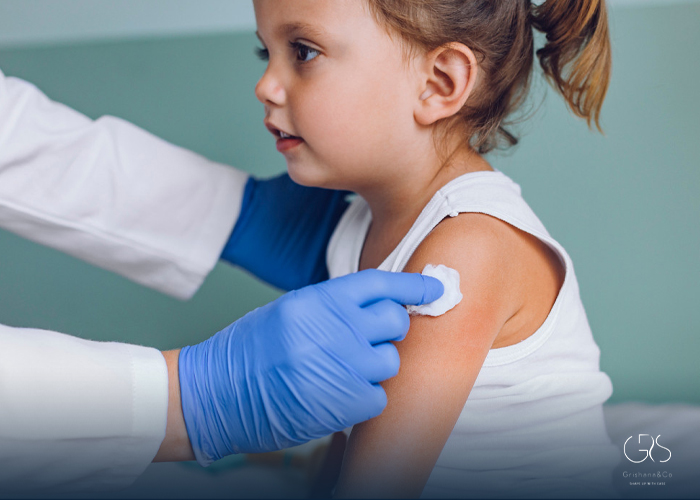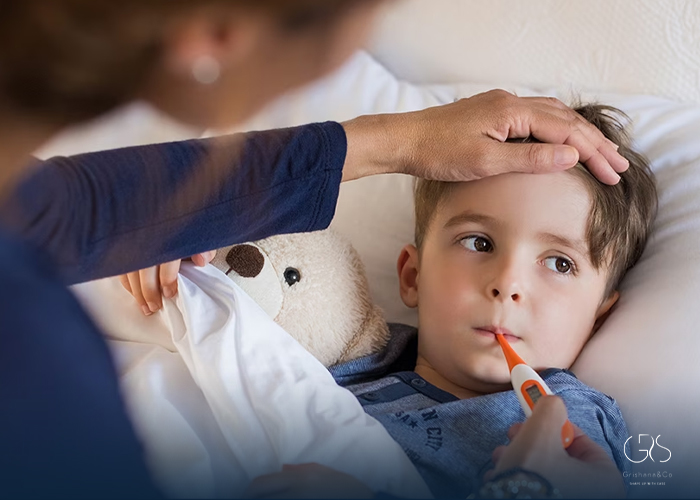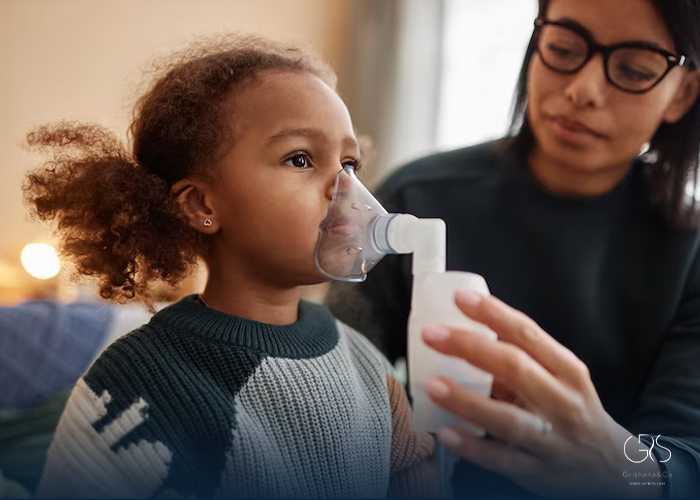Vaccination is a critical aspect of public health, but there are scenarios where parents may choose to delay vaccines for their children. Understanding these scenarios, including vaccine testing and approval, severe reactions to prior vaccines, and specific health conditions, is essential in making informed decisions regarding children’s immunization.
- Vaccine Testing and Approval: Prior to approval for public use, vaccines undergo rigorous testing and evaluation to ensure safety and efficacy. Understanding the vaccine development process can provide reassurance to parents regarding the reliability of vaccines.
- Severe Reaction to a Prior Vaccine: Children who have experienced severe adverse reactions to previous vaccinations may warrant delaying further immunizations. Monitoring and managing such reactions are crucial in determining the appropriate course of action.
- Allergic Side Effects: All vaccines carry a low risk of causing allergic side effects, although not all reactions are allergic in nature. Symptoms of an allergic reaction include swelling, hives, and difficulty breathing, requiring immediate medical attention.
- Egg Allergy: Some vaccines, such as the influenza vaccine, contain traces of egg proteins, posing a risk for children with severe egg allergies. Alternative vaccination options should be considered for such individuals.
- High Fever: Vaccines may occasionally cause a temporary increase in body temperature, leading to high fever in some children. Monitoring fever post-vaccination and managing symptoms accordingly is essential.

- Asthma or Lung Conditions: Children with asthma or other underlying lung conditions may require additional precautions when receiving vaccines. Consultation with healthcare providers can help address concerns and ensure safe vaccination practices.

- High-Dose Steroids: Children on high-dose steroid medications may need to delay certain vaccines due to potential interactions and decreased immune response. Individualized vaccination plans should be developed in collaboration with healthcare professionals.
- Immunosuppression or Chemotherapy: Children undergoing immunosuppressive therapy or chemotherapy may have weakened immune systems, necessitating adjustments to their vaccination schedules. Protecting these vulnerable individuals from vaccine-preventable diseases is crucial.
Additionally, according to the U.S. Department of Health & Human Services, people with HIV should receive vaccines recommended for immunocompromised individuals to maintain optimal protection against vaccine-preventable diseases[1]. Moreover, if someone at home is immunocompromised, it is essential to consider vaccination strategies that prioritize the health and well-being of all household members.
Conclusion:
Understanding the nuances of vaccine delay considerations is crucial for parents and healthcare providers when making decisions about children’s immunization. By evaluating individual risk factors, health conditions, and vaccination guidelines, personalized vaccination plans can be created to ensure maximum protection while addressing specific needs and concerns.
Sources
- HIV.gov, Vaccines and People with HIV
- World Health Organization (WHO) , Vaccines and immunization
- Centers for Disease Control and Prevention (CDC) , Vaccines & Immunizations
- American Academy of Pediatrics (AAP) , Immunizations












